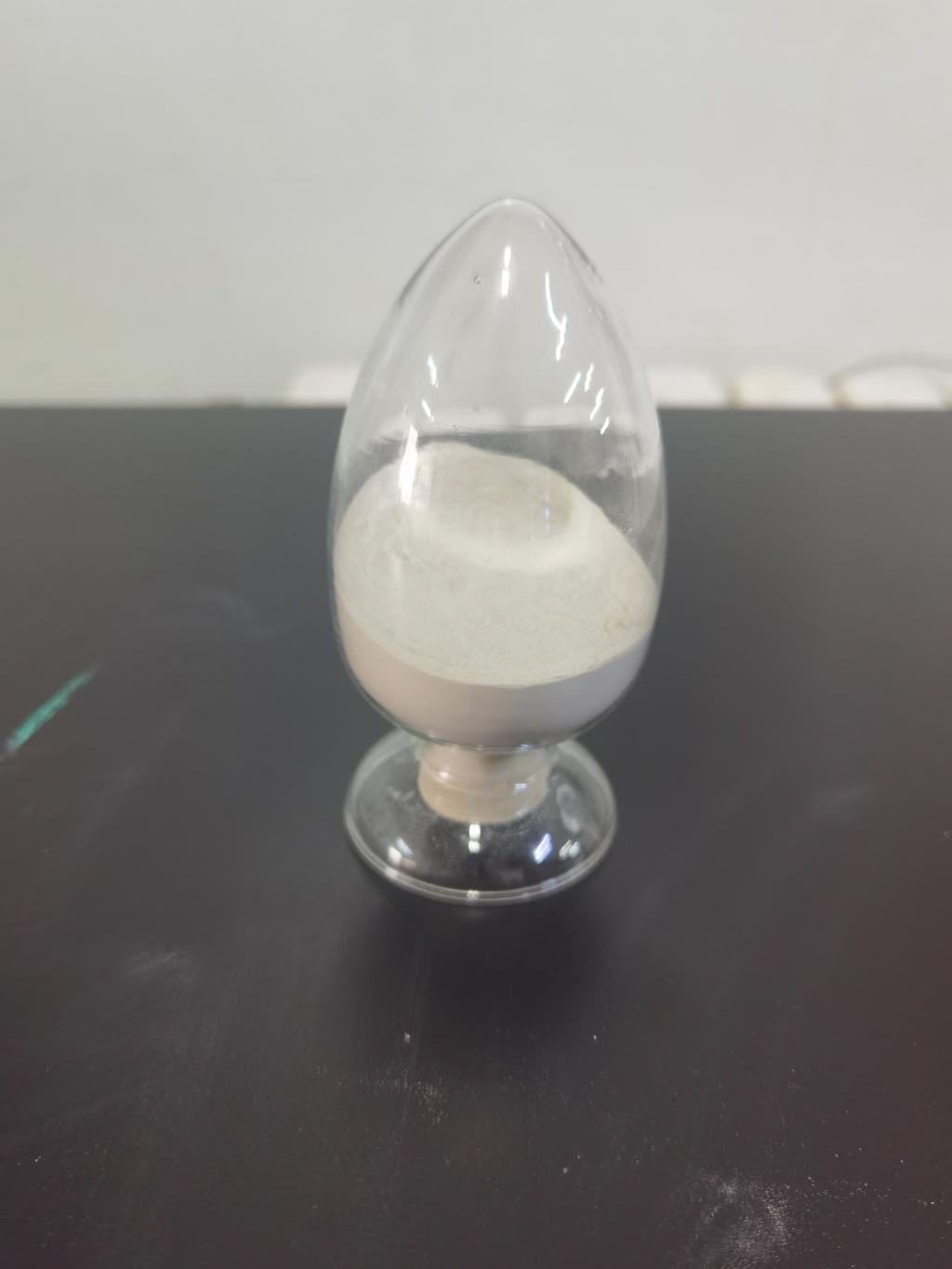Tel:+8618231198596

News
 CONTACT
CONTACT
 CONTACT
CONTACT
- Linkman:Linda Yao
- Tel: +8618231198596
- Email:linda.yao@dcpharma.cn
- Linkman:CHARLES.WANG
- Department:Overseas
- Tel: 0086 0311-85537378 0086 0311-85539701
News
Current Position:
Home >
News
>Nisin's potential in reducing the prevalence of foodborne illnesses in restaurants.
Nisin's potential in reducing the prevalence of foodborne illnesses in restaurants.
TIME:2023-08-29
Introduction:
Restaurants and food service establishments play a crucial role in providing meals to the public. However, the improper handling, storage, and preparation of food can lead to the transmission of foodborne pathogens, causing outbreaks of illness. Ensuring food safety is a shared responsibility among restaurant owners, staff, and consumers. Nisin, known for its antimicrobial properties, presents a promising avenue for enhancing food safety practices and reducing the prevalence of foodborne illnesses in these settings.
Challenges in the Food Service Industry:
The food service industry faces unique challenges that contribute to the prevalence of foodborne illnesses:
High food turnover rates
Time constraints in food preparation
Diverse menus and ingredients
Staff training and turnover
Cross-contamination risks
Nisin's Mechanisms of Action Against Foodborne Pathogens:
Nisin is a natural antimicrobial peptide produced by Lactococcus lactis. Its primary mode of action involves disrupting the integrity of bacterial cell membranes, leading to cell leakage and death. This mechanism makes nisin effective against a wide range of Gram-positive bacteria, including many common foodborne pathogens.
Applications of Nisin in Restaurant Operations:
Food Preservation: Incorporating nisin into recipes and food products can inhibit the growth of spoilage and pathogenic bacteria, extending the shelf life of prepared items and reducing the risk of microbial contamination.
Surface Sanitization: Nisin-based sanitizers can be used to clean food contact surfaces, utensils, and equipment, minimizing the potential for cross-contamination.
Fresh Produce Treatment: Nisin can be used as a natural wash or dip for fresh produce, reducing the presence of pathogens and enhancing the safety of salads and garnishes.
Sauces and Condiments: Adding nisin to sauces and condiments can help control microbial growth, ensuring the safety of items often stored at room temperature.
Benefits of Nisin Utilization in Restaurants:
Enhanced Food Safety: By actively targeting foodborne pathogens, nisin helps minimize the risk of pathogen transmission and subsequent foodborne illness outbreaks.
Extended Shelf Life: Nisin's preservation capabilities reduce food waste by extending the shelf life of prepared items, translating to economic savings for restaurants.
Consistent Quality: Nisin ensures the consistency of food quality by inhibiting spoilage microorganisms, maintaining the taste and texture of dishes.
Reduced Reliance on Chemical Preservatives: Nisin's natural origin aligns with consumer preferences for clean labels and reduced chemical additives.
Challenges and Considerations:
Consumer Perception: Educating consumers about nisin's safety and natural origin is essential to gain their trust and acceptance.
Optimal Formulation: Determining the appropriate concentration of nisin and its compatibility with different food products and processing conditions is crucial for achieving desired effects.
Regulatory Compliance: Compliance with regulatory guidelines and approvals for nisin's use in foods must be ensured.
Collaborative Approaches for Implementation:
Staff Training: Providing comprehensive training to restaurant staff about nisin's benefits and proper utilization can lead to better food safety practices.
Consumer Education: Restaurants can communicate their use of nisin as part of food safety measures, enhancing transparency and consumer confidence.
Industry Partnerships: Collaborating with suppliers and manufacturers can ensure a steady supply of nisin-treated ingredients and products.
Conclusion:
Nisin's potential in reducing the prevalence of foodborne illnesses in restaurants and food service establishments is a significant stride toward safer dining experiences. By incorporating nisin into various aspects of restaurant operations, from food preparation to surface sanitization, the food service industry can bolster food safety practices, reduce the risk of outbreaks, and build trust among consumers. Nisin's natural antimicrobial properties align with consumer demands for clean and safe food, making it a valuable tool in enhancing food safety within the dynamic and fast-paced environment of restaurants. As the food service industry continues to evolve, embracing nisin can contribute to a healthier and more resilient dining landscape.
- Tel:+8618231198596
- Whatsapp:18231198596
- Chat With Skype







